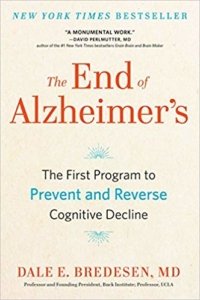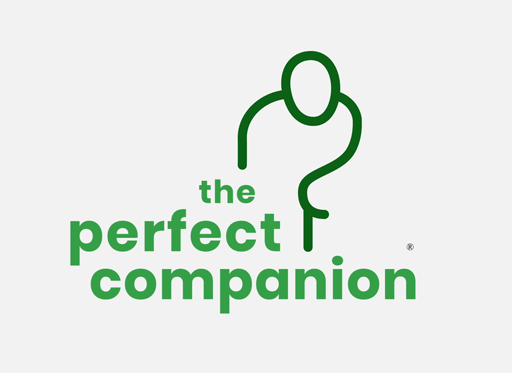Expansion of company's leadership team in response to market demands and corporate expansion PRESS RELEASE APR…

Can Alzheimer’s be reversed?
There is a rapid growth in the number of people living with Alzheimer’s disease, and only around one in four people with the disease get diagnosed. It is estimated that there are approximately 44 million people worldwide living with Alzheimer’s disease or a related form of dementia. In the U.S., an estimated 5.5 million people of all ages have Alzheimer’s disease.
Alzheimer’s disease is the sixth-leading cause of death in the U.S. killing more people than breast cancer and prostate cancer combined. While there’s continual research to prevent and ultimately find a cure, Dr. Dale Bredesen developed an Alzheimer’s treatment that is helping hundreds of people with mild to moderate cognitive impairment that are experiencing never before seen improvements.
“Alzheimer’s disease is no longer a mystery. You don’t have to say, we don’t know why you get it, we don’t know what to do about it.” “We do know why you get it. We do know what to do about it and we know how to prevent it.”
 After 30 years of research, Dr. Bredesen is sharing his treatment in his new book titled, The End of Alzheimer’s, as well as in medical journals. Dr. Bredesen says, there are 36 causes of Alzheimer’s which must all be addressed.
After 30 years of research, Dr. Bredesen is sharing his treatment in his new book titled, The End of Alzheimer’s, as well as in medical journals. Dr. Bredesen says, there are 36 causes of Alzheimer’s which must all be addressed.
“If there are specific exposures, you want to get rid of those. If there are specific nutritional changes, you want to address those. If there are hormonal changes or inflammatory changes you want to address those.”
Increased occurrences of forgetfulness may be signs of early stages of Alzheimer’s which can be confirmed by a test. An Alzheimer’s diagnosis is devastating news. Emotionally, that may include a total sense of hopelessness and even a desire to die.
“You don’t want to wait until it’s late in the game. The earlier the better and the more likely you will experience dramatic improvement.”
Dr. Bredesen recommends everyone get a cognoscopy, blood work, genetic test and more to identify where you are when it comes to Alzheimer’s. Some patients test results revealed 36 causes of Alzheimer’s.
“All of us should get a cognoscopy when we get to 45 or more, just as we get a colonoscopy when we turn 50. Everybody knows that. Each person’s program is different so we’ve developed a computerized algorithm so that you can look at all the different contributors for each person identified.”
What this means is tailored made treatments that zero in on where the patient needs improvement. For many patients this means taking certain medicines, vitamins and supplements, more sleep and less stress. Exercise and a proper diet like a Ketogenic diet for example will help you think clearer. Also eliminating exposure to certain toxins like molds and pesticides plays a big role in the restoration process.
“It takes typically 3 to 6 months, but we see unprecedented improvements in their scores, in their ability to go back to work, interact with their families and increases in their hippo-campus volumes.”
When it comes to sustainability, Dr. Bredesen says, people that have been in the program for 5 years now are still mentally fit.
